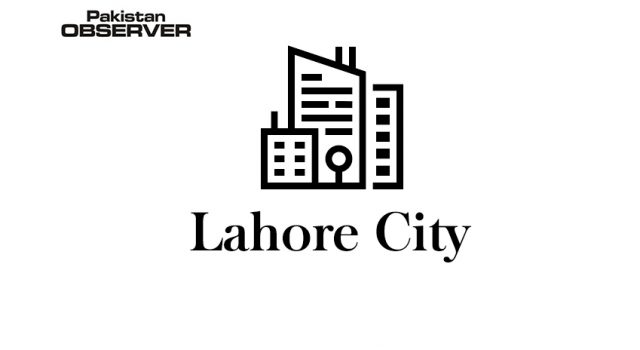World Hospice and Palliative Care Day is marked on the second Saturday of October every year. The Worldwide Hospice Palliative Care Alliance has announced this year’s theme as “Healing Hearts & Communities” which highlights the role of grief and the need to heal in uniting humans worldwide. On this occasion, we discussed palliative care in Pakistan with Dr Haroon Hafeez, Consultant Hospitalist and Palliative Care Physician at Shaukat Khanum Memorial Cancer Hospital and Research Centre (SKMCH&RC), who is also leading a two-year postgraduate training programme in palliative medicine, approved by the College of Physicians and Surgeons Pakistan (CPSP).
What is palliative care?
Palliative care is an approach that improves the quality of life of patients and their families facing serious or life-threatening illnesses, such as cancer, through the prevention and relief of suffering by means of controlling symptoms, pain, and other psychosocial problems. Palliative care is not limited to treating physical aspects but it treats patients holistically. Palliative care is recognised under the human right to health. In fact, the Human Rights Watch advocates for universal access to palliative care because no one should suffer from treatable pain.
Patients may receive palliative care along with treatment intended to cure their illness and it is not limited to end-of-life care. Hospice care, on the other hand, focuses on improving quality of life of patients who are approaching the end of life.
What are some of the challenges related to palliative care?
According to World Health Organization, worldwide, only about 14% of people who need palliative care currently receive it. It is estimated that around 40 million people are in need of palliative care and 78% of them live in low- and middle-income countries.
There are several reasons for limited access to palliative care in Pakistan and globally. For example, restrictive regulations for morphine and other essential controlled palliative medicines, which often stems from a misconception that improving access to opioid analgesia will lead to increased substance abuse. There is a need to increase awareness among policy-makers, health professionals and the public about palliative care in Pakistan to improve our health systems and quality of life for patients.
Another challenge is limited training opportunities on palliative care for health professionals. There are also cultural and social barriers related to the concept of pain and suffering amongst patients. Amongst public, there are misconceptions about palliative care such as that it is only for the last weeks of life when in reality, this approach is useful at any stage of disease and early delivery of palliative care may reduce unnecessary hospital admissions.
How are we addressing challenges related to palliative care in Pakistan?
In Pakistan, both public and private healthcare have been unable to prioritise palliative care. There are only a handful of hospitals that offer palliative care in Pakistan, which include SKMCH&RC. Our hospitalis a pioneer in the development of physician-led services in palliative medicine in in the country. The Internal Medicine Department runs specialist palliative medicine clinics for patients who require symptom management for terminal as well as chronic conditions. The clinics are multi-disciplinary consisting of clinical nutritionist, psychologist, play therapist, physiotherapist and palliative care specialist nurses. We are also supported by anaesthesia team for interventions for pain control and we have an Orofacial Pain Consultant, who specialises in head and neck cancer pain and nerve blocks. We also offer End-of-Life-Care to patients who are terminally ill.
We have worked with the relevant authorities to ensure that pain-killers needed for palliative care patients are available at our hospitals in Lahore and in Peshawar.-(PR)









